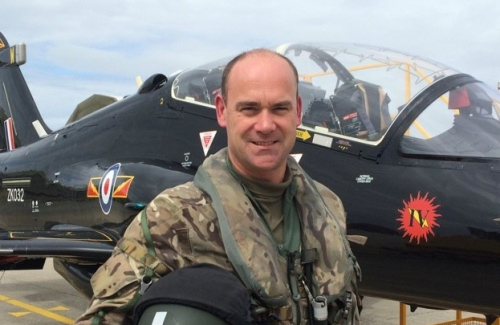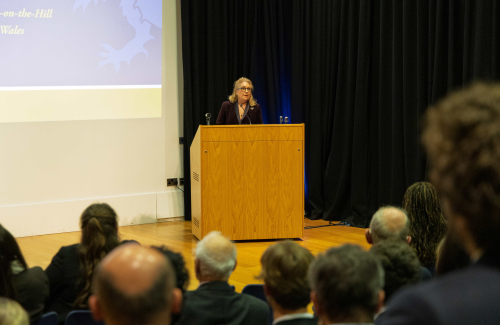More Pembroke news
What Motivates Militant Jihadists? Dr Elisabeth Kendall’s Research Wins Wide Interest
NEWS |
Dr Elisabeth Kendall has received international attention for her academic research into how militant jihadist movements like al-Qa’ida and Islamic State win hearts and minds at a local level in the Middle East.
Dr Kendall joined the NATO Allied Joint Force Command in Naples, Italy, to address various groups of military officers and Generals between 14th and 16th December 2015. She briefed her audience on topics such as al-Qa’ida and Islamic State in Yemen, the possible parallels between various Middle East hot spots, and non-violent ways of countering violent extremism.
In its coverage of the visit, NATO emphasised that “her briefing … served to enhance the situational understanding of the JFC Naples staff on the MENA [Middle East and Northern Africa] region”.
National and international media outlets have reported on Dr Kendall’s work. Recently, the Guardian published an article on her research into poetry and radicalisation, while further interviews with Dr Kendall featured on Radio France, BBC Radio 3, Sweden’s National Public Radio, Sweden’s Axess TV and in Russia Today.
Speaking to Pembroke College, Dr Kendall commented on the growing interest her research is generating among military audiences, noting that “leading military figures are really starting to understand the power of influence campaigns and non-violent methods of fighting wars”.
She is currently working on a book entitled ‘Warfare in the Information Age’, with her co-writer Robert Seely, a Research Associate of the Changing Character of War programme based at Pembroke.
Dr Kendall, a Senior Research Fellow at Pembroke and a specialist in Arabic and Islamic studies, has previously conducted research in Egypt and Yemen, details of which can be found here. More information on Dr Kendall's work can be found here.

